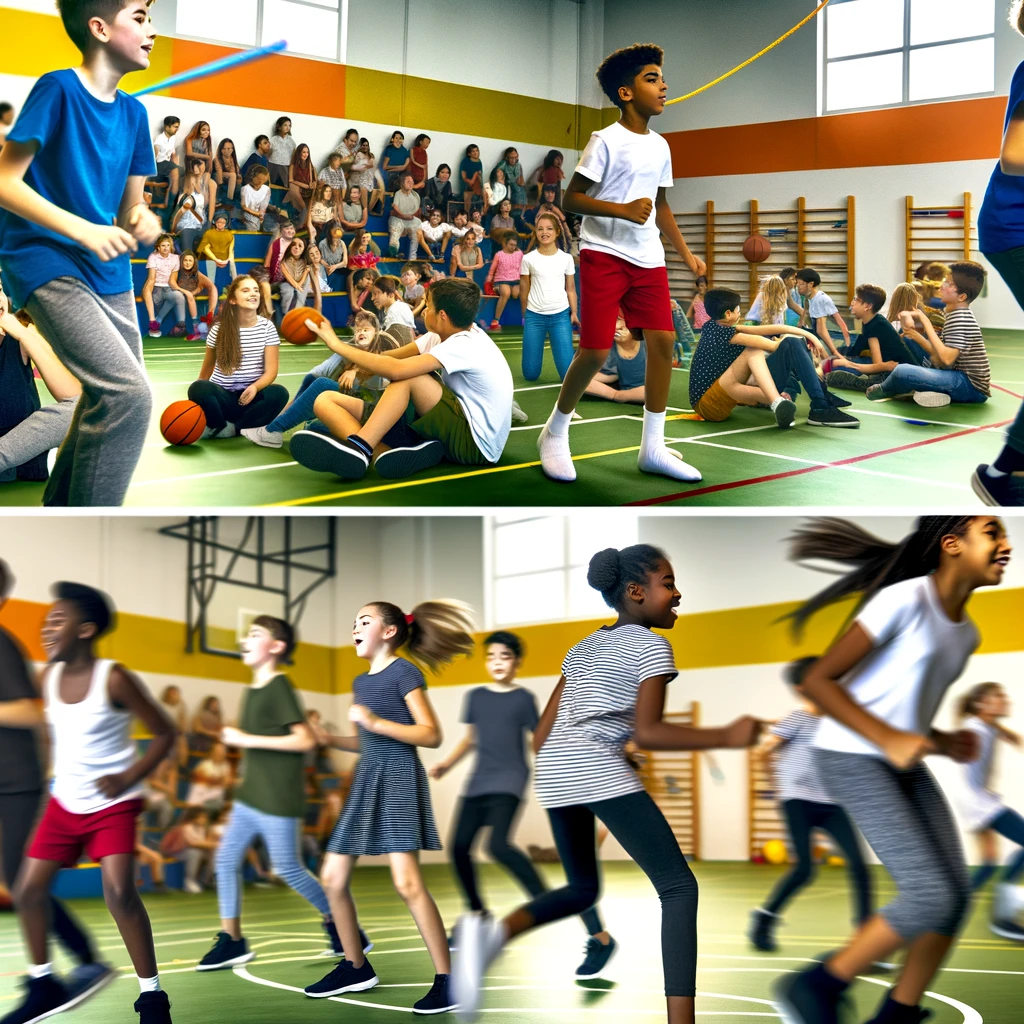Related Articles











In recent years, the relationship between physical exercise and academic performance has become a topic of considerable interest among educators, parents, and students. Numerous studies have explored how regular physical activity influences cognitive functions and academic outcomes. This article delves into the evidence supporting the positive effects of exercise on students' academic achievements and offers practical recommendations for integrating physical activity into daily routines.
Physical exercise is well-documented to enhance brain function and structure. The release of neurotransmitters such as serotonin, dopamine, and norepinephrine during exercise improves mood, attention, and motivation — all crucial factors for effective learning. Moreover, regular physical activity increases blood flow to the brain, promoting the growth of new neural connections and enhancing memory retention and recall.
Research conducted by the Centers for Disease Control and Prevention (CDC) and the American College of Sports Medicine suggests that students who engage in regular physical activity perform better academically. A meta-analysis published in the journal Psychological Bulletin found that exercise has a significant positive impact on students' executive functions, which include problem-solving, planning, and multitasking abilities.
Schools are increasingly recognizing the importance of integrating physical activity into their curricula. Programs such as daily physical education classes, active recess, and after-school sports have shown to improve not only physical health but also academic performance. Educators are encouraged to adopt an active learning model, incorporating movement into lessons to boost engagement and comprehension.
For students, balancing academics with physical exercise can be challenging but rewarding. Here are some strategies to consider:
In conclusion, the link between physical exercise and academic performance is evident and well-supported by scientific research. By incorporating regular physical activity into their routines, students can enjoy enhanced cognitive functions, improved mood, and better academic outcomes. Educators, parents, and policymakers should continue to advocate for and implement strategies that promote an active lifestyle among students, setting the foundation for a healthier and more successful future.